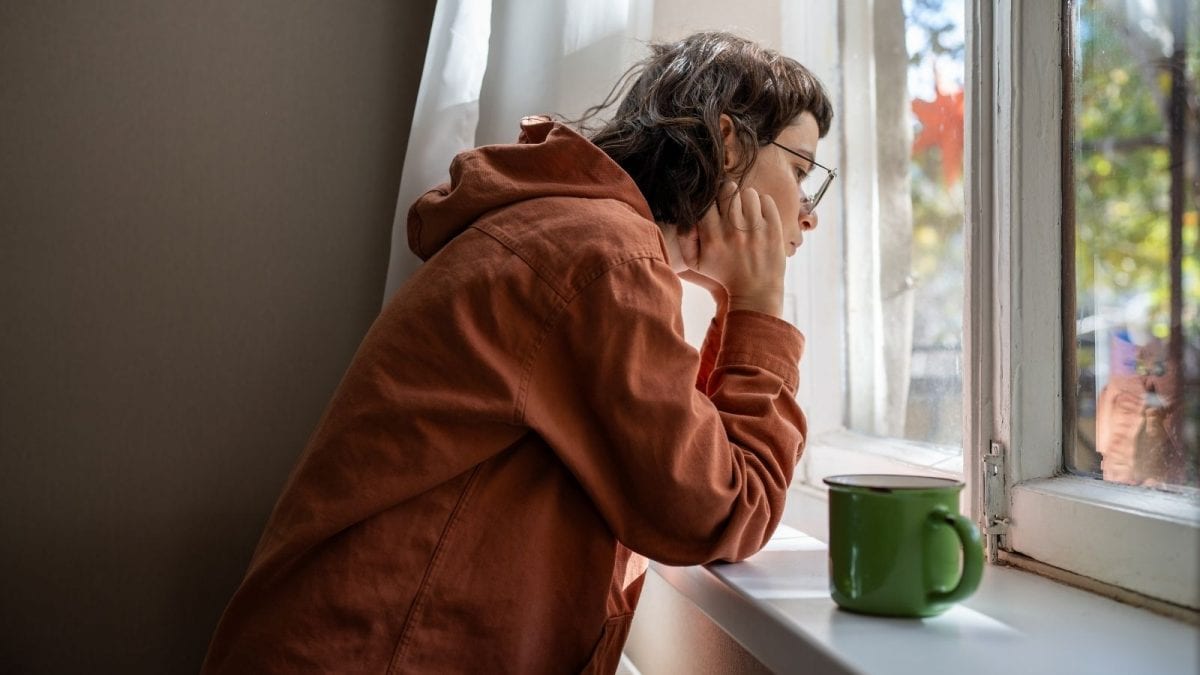
Feeling Drained By Social Interactions: As per psychologist Carl Jung’s theory, introverts expend energy in social settings rather than gaining it. Even enjoyable gatherings can leave them emotionally and mentally depleted. (Image: Canva)

Small Talk Feels Exhausting: Introverts prefer meaningful conversations. Engaging in surface-level chit-chat can feel tedious and unnatural, often leading to internal frustration. (Image: Canva)

Overthinking Social Situations: Introverts tend to be self-reflective. After a social event, they may replay conversations in their head, analysing what they said and how it was received. (Image: Canva)

Struggling With Group Work: Introverts may find it difficult to assert their ideas or speak over more dominant personalities. Group tasks can make them feel overwhelmed. (Image: Canva)

Being Misunderstood As Rude: As introverts may appear quiet or reserved, others might misinterpret this as arrogance or disinterest, when in fact they are simply processing internally. (Image: Canva)

Phone Calls Feel Intrusive: Unexpected phone calls can cause anxiety for introverts, who often prefer written communication or scheduled conversations. (Image: Canva)

Difficulty In Networking: Professional events focused on quick introductions and mingling can feel unnatural, making it harder for introverts to build connections despite their talents. (Image: Canva)

Difficulty Expressing Emotions Verbally: Introverts often process emotions internally. Articulating feelings on the spot can be difficult, especially under pressure. (Image: Canva)

Constant Need to Recover After Socialising: Even a casual lunch or team meeting can require downtime to decompress—something others might not always understand or respect. (Image: Canva)

Struggling with Self-Promotion: While confident in their abilities, introverts may find it uncomfortable to market themselves, leading to missed chances in careers or social life. (Image: Canva)






